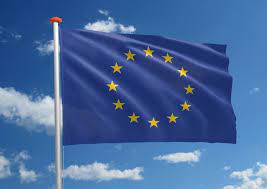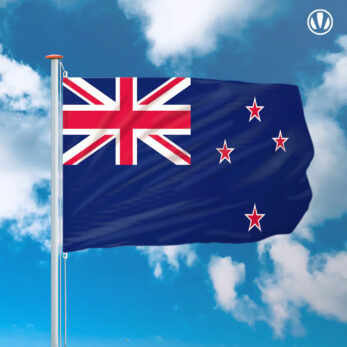The INF System for Special Procedures (INF = Information Sheet System) is a trans-European system that ensures the administrative and standardized exchange of information between economic operators and customs authorities, and between customs authorities themselves involved during the customs procedures of inward and outward processing.
Its main objective is to make all INF data available and to streamline the processes of INF data management. For this purpose, the European Commission has designed an EU centralised INF SP System, containing two main components:
- the INF Specific Trader Portal (STP), which is accessible through the EU Customs Trader Portal (EUCTP);
- and the INF central system.
As defined in the UCC Work Programme, the transitional arrangements for the INF Special Procedures are replaced by an electronic system as from June 2020. The system is operational to all Members States and Traders.
How will the INF SP System work?
Economic operators, their customs representatives and employees will have a single access point (the EU Customs Trader Portal) to access the different trans-European systems, and more specifically their specific business domains, such as the INF Specific Trader Portal (STP).
Access to the EU Customs Trader Portal is managed through the Uniform User Management and Digital Signature system (UUM&DS), which is the identity and access management to secure authorised access to the EU Customs electronic systems for Economic Operators, customs representatives and employees.
The economic operators will need a valid EORI number and appropriate roles assigned to access the system.
Once authenticated in the EU CTP, the economic operator can manage his/her INF requests in the INF STP module, and interact with the system and customs authorities via the notifications.
The customs officers will interact using the INF central system for handling the INF requests and further process the INFs.
What type of INFs are supported?
INFs can be categorised in two main different processing purposes:
- Inward Processing (IP) means that non-Union goods are imported in order to be used in the customs territory of the Union in one or more processing operations;
- Outward Processing (OP) allows Union goods to be processed abroad and, when they come back into the Union to be put into free circulation, that duty has to be paid only on the value added abroad;
- IM/EX is an import of goods (for IP) or processed products (for OP), prior to the export of processed products (for IP) or goods (for IP);
- EX/IM is the opposite from IM/EX
The system supports the main processes, managing an INF in case of:
- IP or OP (EX/IM) and where one or more than one Member State is involved;
- IP or OP (IM/EX) and where more than one Member State is involved;
- IP (IM/EX) when the responsible customs authority has requested an INF
What about INF1, INF2, INF 5 and INF9?
The former known INF paper forms (INF1, INF2, INF 5 and INF9) will no longer be applicable after 1 June 2020.
- The INF1 sheet was used for IP where the processed products in their unaltered stage were released for free circulation in a Member State other than the one where the goods where imported.
- The INF 2 sheet was initiated for OP where the goods were exported in one Member State, and re-imported in a different Member State.
- INF5 for IP where goods were exported from one Member State, prior to the import of the replacement goods in another Member State.
- INF9, similar to INF5, but where the replacement goods were imported, prior to the export of compensating products in another Member State.
What is the role of the customs authorities?
The different customs offices have their specific role as an office of placement, discharge, export, release for free circulation and exit, but as well for the management of the INF data and determining and calculating the amount of import or export duty.
What are the related systems?
First of all, in order to access the system, the Economic Operator will need a valid EORI number. He/she will also need the credentials to be authenticated in the UUM&DS system.
An INF SP will need to refer to an existing and valid authorisation. It is also possible in case there is no existing authorisation (yet), to use the reference of a customs declaration which is used as an authorisation.
The Customs Decisions System, which was introduced as from 2 October 2017, is a system to manage authorisations and its related applications for an authorisation. An authorisation contains already valuable and necessary information for the information, such as the type of goods and processed products, the type of operations (IP or OP) for which the authorisation is applicable, as well as information about the holder of the authorisation.
In case the information cannot be retrieved from the Customs Decisions system, it is possible to enter the information about the authorisation and related economic operator information manually.
Once a declaration is lodged, an INF reference will need to be provided, including the type of supporting document (code C710, box 44).
Source: https://ec.europa.eu/taxation_customs/inf-system-special-procedures_en



